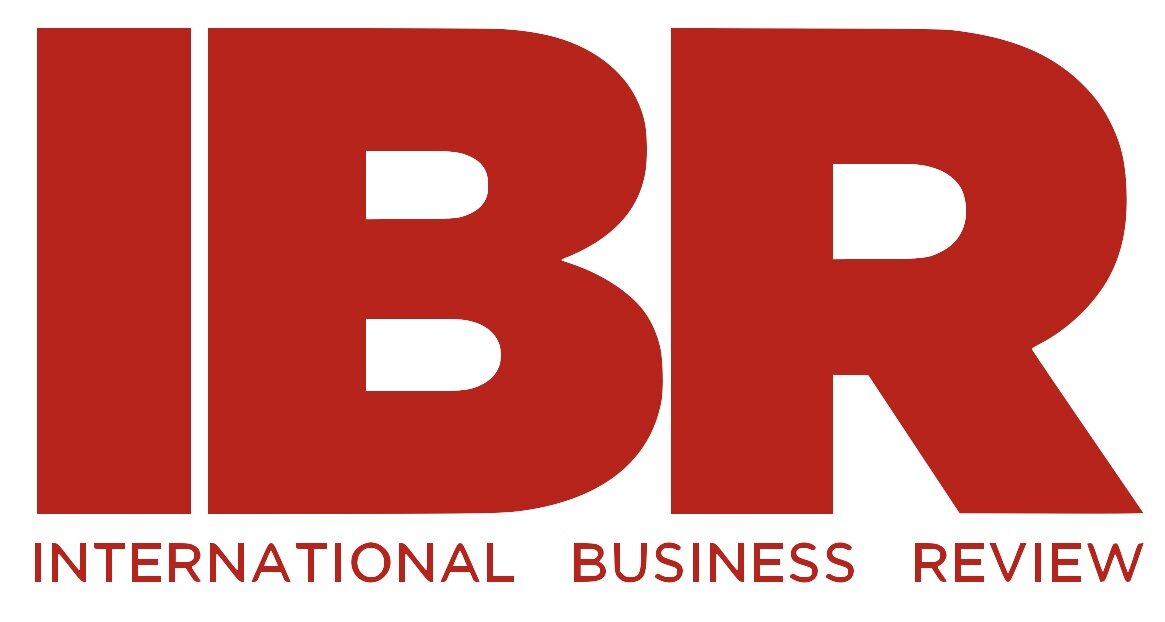Perhaps somewhere pure meritocracies exist. Unfortunately, they haven’t yet come to America; at least based on recent research regarding the bias to which people with certain names are subjected.
Research conducted by Corinne Moss-Rasin, a social psychologist at Skidmore College, determined that STEM professors from an array of universities were more willing to mentor a person named ‘John,’ even when ‘Jennifer’s’ resume was precisely the same. Moss-Racusin and fellow researchers conducted the study by producing one resume for a lab manager position. They then sent that resume to more than one hundred biologists, chemists, and physicist professors at various institutions. The professors received the resume either with ‘John’s’ name at the top, or the resume with ‘Jennifer’s’ name. On average, ‘Jennifer’ was offered approximately $4,000 less for the same position and was generally considered less qualified. Shockingly, even female professors to whom these resumes were sent exhibited a preference for ‘John’ over ‘Jennifer.’ Although one could suggest that the highly-educated female professors are simply unaware of their prejudices, these biases still persist.
After data from the study was collected, professors to whom surveys were sent were informed of the study team’s analytical findings. They then took a diversity course designed by Professor Moss-Racusin and her colleagues. A central focus of the course was promoting discussion regarding the ways in which potential future biases could be mitigated. Encouragingly, a separate survey conducted after the course indicated that gender biases had been mitigated among participating scholars, suggesting a degree of efficacy.
There are a few frightening takeaways from this research. This inequitable state of affairs is not only unfair on an individual level, but it also undermines scientific progress. Indeed, lingering prejudices might induce many women to abandon STEM fields, thereby producing a smaller pool of actively engaged scientific talent.
There is of course more than just gender bias in the workforce, with racial biases highly documented as well. According to a study conducted by the National Bureau of Economic Research, job applicants with “white” sounding names needed to send 10 resumes on average to receive one interview callback. Those with “African-American” sounding names needed to send approximately 15 resumes to achieve the same result. Remarkably, having a white sounding name was equivalent to an additional eight years of work experience in terms of callback rate!
The study involved sending out nearly 5,000 resumes responding to more than 1,300 employment ads in newspapers from Chicago and Boston. Resumes with various levels of work experience and credentials were sent, with either white or African-American sounding names. Names were assigned to resumes randomly. Job opportunities ranged from cashier to sales management. While white-sounding names attached to better resumes yielded 30 percent more callbacks than weaker resumes with the same names, the magnitude of positive impact was significantly smaller for African-American sounding names; implying that the marginal returns of education and work experience are less for African-Americans than for whites.
While one might think that this type of analysis would be unnerving only to people named ‘Jennifer’ or ‘Shaquille,’ it is equally as concerning for the ‘Johns’ of the world. Now, successful ‘Johns’ are forced to wonder whether their accomplishments are due as much to the name at the tops of their resumes, as much as they are to the credentials that follow.

